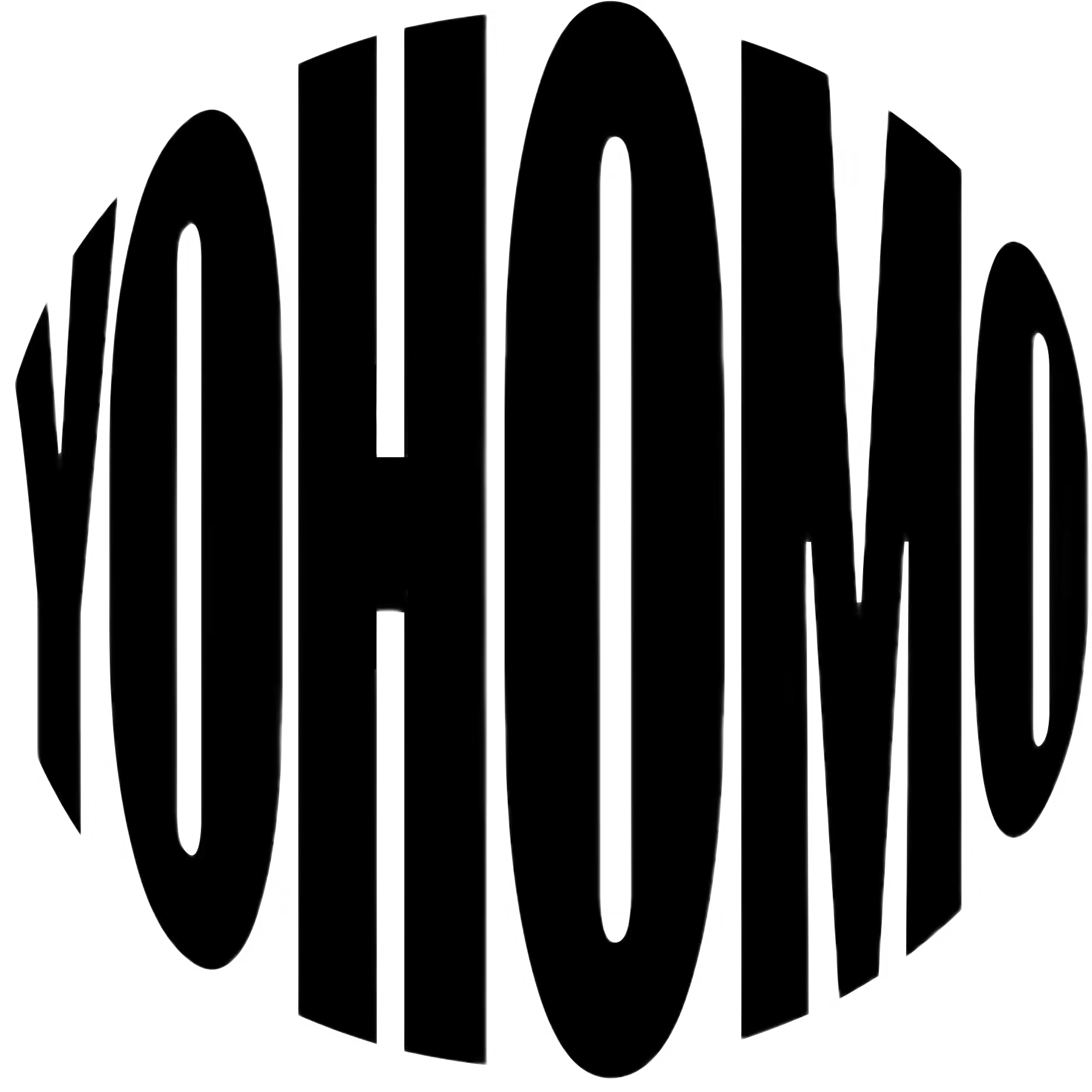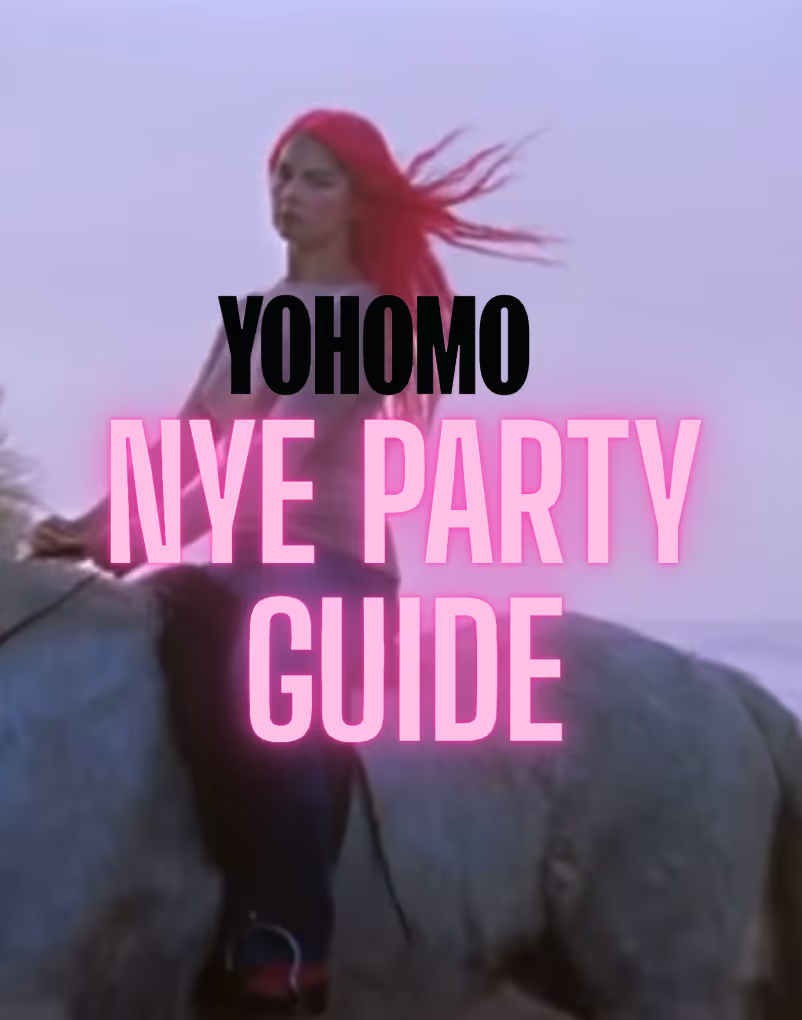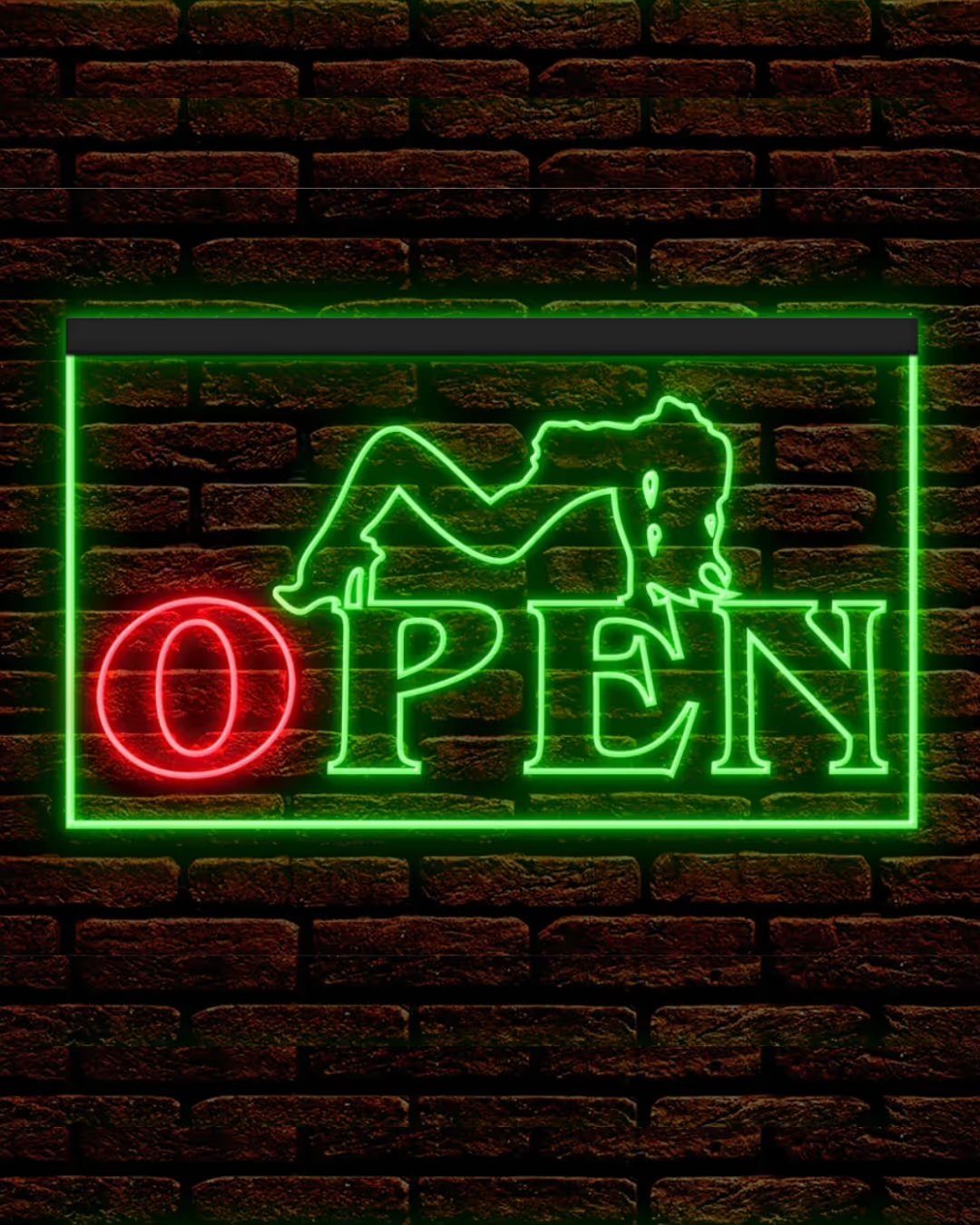
A Q&A with Black Lives Matter Toronto activist, artist and DJ Syrus Ware
↓
We spoke to Ware ahead of their anticipated Luminato event
Luminato Festival is an international arts event that happens every year in Toronto. This year, the festival is going online as a response to COVID-19 and the temporary suspension of concert gatherings. This Friday, June 12th, there’s an event ripe with political, cultural, and aesthetic energy called Black Summers Night with Unit 2, Black Lives Matter, and Tea Base. I’m honoured to sit with award-winning artist, Black Lives Matter activist, and academic scholar, Syrus Ware, to discuss the transition from offline to online for Luminato and why Black Lives Matter so much right now.
Thank you, Syrus, for speaking with me.
Zymbul: Luminato has a history of bringing black artists to the stage. In the past you’ve had Tika the Creator, Desiire, and Polaris Prize winner Lido Pimienta. Why was it important this year to continue that trend?
Syrus: We started organizing with Luminato a few months ago before this massive upswing of organizing and activism. At the time, we wanted to create a space to come together to experience black joy. We were just into lockdown because of COVID. And now we are watching the world on fire as people resisting the violent system of policing. There’s a quote that when the world is on fire, that that’s the spark of activism. So, people in the street are marching for D'andre Campbell, George Floyd, Regis Korchinski-Pacquet and so many people taken from us away by police. So our gathering for Luminato has changed in tone- we are still going to be grieving and raging as we gather and we hope that we will create a space to connect with Black joy even amidst tragedy. We’re going to celebrate, let out, and grieve together. Artists are going to talk about hard conversations around antiblackness and white supremacy even while we come together to heal and celebrate.
Black Summer Nights is the name of Maxwell’s 2009 and 2016 album with a slight change of emphasis on the words Black and Summers. I have to ask, did Maxwell inspire the title of this event?
We were drawing inspiration by so many black artists who've brought us together to celebrate; we wanted to play with that. So many things have happened in the black summers night. The title has an eerie symbolism. We see a lot of police violence in the black summer’s night. So, we’re paying homage to amazing artists who have gotten us moving and gotten us thinking about targeting and over-policing in our community. People are on their front step when things happen. Breonna Taylor was at home with first responders and barged in and killed her in her sleep looking for someone else. It's these violences that happen in the summer night that we also wanted to remember. .
Unit 2 is run by the members of LAL, Rosina and Nick, who are both grassroots activists. Unit 2 is known for housing indie artists of colour in Toronto. Rose, I know, had a hand in selecting some of the artists who are performing Luminato this year. Why is it important for big international music festivals such as Luminato to have a connection to Toronto’s indie scene? In your opinion, is this connection a form of grassroots activism?
We desperately need DIY spaces like Unit 2 with Rosina and Nic, South Asian and Black performers. The number of black-led spaces in Toronto are shrinking rapidly. Police tasered, Just John, the owner of Blank Canvas Gallery just because he didn’t have the right liquor license. Black creative spaces are disappearing and being targeted.
We need space like Unit 2 for political events, spaces to fundraise for activism. We need them for independent voices and to see trans performers, disabled performers, working-class artists, neurodivergent ones; people who I wouldn’t see in a mainstream festival. We need that community relationship with other communities of artists and artist enthusiasts; it’s an important connection. Black Lives Matter Toronto is very much in support of black artists across the city, the country, and the globe not just during Pride & Luminato.
You will be doing a DJ set alongside some heavy hitters like Bliptor, Myst Milano, Sofia Fly, and Casey MQ. But can you give us a hint as to the vibe you’ll be going for on Friday?
For 17 years, I did a show on CIUT 89.5 called Resistance On The Sounddial where I DJ’d and talked to artists and activists. So, there’ll be activist and social justice vibes and voices from the archives of black activism. It’ll be an early 90s hip-hop vibe with an activist bend.
Luminato is raising funds for the Regis Korchinski-Pacquet’s gofundme campaign. Regis was an Afro Indigenous Woman who died in the presence the Toronto police two weeks ago causing public outrage and protest in the midst of the COVID lockdown. Do you feel raising funds is a form of retributive justice whereas performing is a form of restorative justice?
What we’re doing and believing is transformative justice- a framework designed to heal trauma and to transform the harm that happened for the benefit of those most directly involved and for the community. Certainly we’re trying to support her family and loved ones. We’re raging and heartbroken and making sure they have what they need. We encourage everyone to donate to her GoFundMe, which will help the family to prepare for what is upcoming as the fight for justice. . We’re really happy to be in support of that.
This month is Pride Month and back in 2016, Black Lives Matter Toronto staged a beautiful and colourful stand-in, which halted the parade for 30 minutes. Some critics called the stand-in inappropriate whereas some went as far to call it terroristic. Four years later to our present day, it seems many Torontonians have either changed their mind or just now have the time now to fight antiblack racism. What is it about right now that has some people in Toronto singing a different tune?
We’re witnessing a revolutionary moment. Revolution is not a one time event, but a process. It’s active. It’s decentralized. All types of new groups coming together and saying enough. You will not take one more of us. No more Black people, nor Indigenous and Mad people. We’re all rising up and saying enough
What we’re seeing is more and more people realizing the lies of the police system. We were taught to see the police as keeping us safe and secure. People are witnessing incredible amounts of violence toward protestors and Black and Indigenous people. It’s impossible to ignore their news feeds daily. People are starting to realize that “maybe there is a problem with the police?” More and more folks are considering the possibility of defunding police. And we are getting to share our dreams- what exactly would an abolitionist society look like? We didn't always deal with conflict through the police. The police and prison state are relatively new inventions in human history. We can build something different and do something different together. We're seeing all across Turtle Island a motion put forward to eliminate funding and in some cases the disbanding of police. That movement is growing.

What's an abolitionist society?
Well first we need to recognize that the act of abolishing slavery never got completed. It shifted slave labour camps into prison camps while still targeting Black communities and yes, still separating families. An Abolitionist Society has none of these vestiges of slavery. We all get to be free. We get to decide how we’re going to deal with crisis, emotional breakdowns, conflicts while taking care of each other and those experiencing crises. We get to have an education system that's supportive of black lives and will have worked to decriminalize sex work and drug use and get rid of borders. An Abolitionist Society is one where everyone has the right to be.
The enslavement of human beings was not a good idea. We rebelled and revolted against that system to overthrow that [colonial] project; unfortunately it just didn't get completed. We're just finishing our ancestors work so they can finally rest!
Black Lives Matters Toronto prioritizes queer, trans, and women as organizers. Do you think by having queer folks, trans folks, and women doing the organizing that there’s a more holistic approach on how to have a peaceful protest while making demands in the face of police?
We are a queer/trans organization. A third of our organization is trans. We have a lot of representation of disability and we're grounded in disability justice and intersectionality. We're living it as a practice and a praxis; that’s what we do.

Last year, a movie chronicling 35 years of black queer resistance, called Our Dance of Revolution premiered at TIFF and was then shown at the Regent Park Film Fest. In the movie, black feminist activists like Makeda Silvera and Angela Robertson talk about the black queer house on Dewson and what it is like spearheading the movement up until our present day. Do you feel in any way indebted to their work?
I'm 43 and a contemporary of some of these folks. I grew up learning of Makeda Silvera, Angela Robertson, Douglas Stewart, Junior Harris, and many more who really laid the groundwork. I started organizing in the 90s and my work overlapped with theirs. Most importantly, it did for Blockorama. I took over banner making and organizing after Angela , Courtney, Doug and junior handed it over in year 5. I've organized with it for 17 years. We had some overlap, which was beautiful. The movement of Black justice has a long history of Black women organizing and Black queer organizing. I stand on the shoulders of giants.
I want to quickly shift to your personal work. Last year, you made a video installation called “Ancestors, Do You Read Us, Dispatches from the Future.” In the video, the actors show clips of what’s happening now to our ancestors of the past while congratulating them. There’s an emphasis on technology, which to me read as a nod to Afrofuturism. How does Afrofuturism play a role in your work?
Fundamentally, I'm interested in speculative fiction. Walidah Imarisha compiled a book of science fiction stories called Octavia’s Brood. All the writing is inspired by Octavia Butler, with chapters from Lavar Burton, of Star Trek Generation, political prisoner Mumia Abu-Jamal, and Adrienne Maree Brown. There's a quote in Brown’s chapter that says that all activism is speculative fiction because we dare to believe another world is possible. In my world imagining another world is possible. I'm interested in Toni Cade Bambara's quote: "The role of the artist is to make revolution irresistible." I'm in love with these artists pushing for change right now. If you've said/made a beautiful picture of making the revolution visible and actions irresistible, then that's it-you’ve done amazing work. I'm really interested in making the revolution irresistible.
Thank you Syrus for speaking with me. Will any of your art works be shown at Black Summers Night? If not, how can folks see them?
Check out my website syrusmarcusware.com.
My work is going to be at the Toronto Biennial in 2021. I'm working on some new work for 2021. I'm posting new posters every single day on Instagram. New posters on defunding police to help support the revolution. All power to the people! All Black Lives Matter!

)%20(6).png)
%20(2).jpg)


%20(11).avif)
)%20(5).avif)

%20(10).avif)